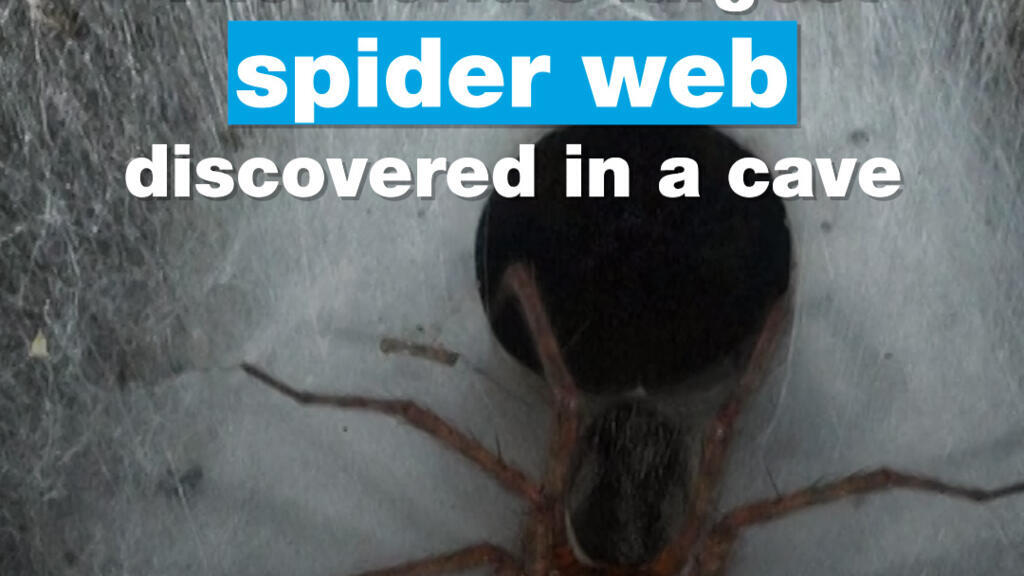Deep in a cave on the Albania-Greece border, scientists have made an astonishing discovery: the world's largest spider web, housing over 100,000 spiders, marking the largest population recorded in such a habitat. This finding challenges existing notions about spider behavior and their ecological interactions within cave environments.
The scientists' exploration took them into the depths of the Karstic cave system, a geological formation known for its unique ecological characteristics. Initial exploration revealed an extensive web that appeared to span across several chambers of the cave, captivating researchers with its size and complexity. The discovery raises intriguing questions regarding the survival strategies of spiders in such secluded and dark environments.
Researchers believe that the sheer scale of the web demonstrates the spiders' exceptional ability to cooperate in their hunting and survival tactics. This finding suggests that these spiders may have developed unique social structures or behaviors, allowing them to thrive in an otherwise harsh environment where food sources are limited.
Moreover, the web's location presents a unique opportunity to study an ecosystem that is largely untouched by human interference. This pristine habitat provides scientists with valuable insights into cave ecosystems, which are often overlooked in ecological studies. By analyzing the interactions between the spiders and their environment, researchers hope to gather data on how these organisms adapt and flourish in complete darkness.
In a broader context, this discovery can also contribute to the understanding of biodiversity in extreme habitats. The remarkable number of spiders found within this single web highlights the potential for undiscovered species and new behaviors that have yet to be cataloged. As researchers delve deeper into the cave's ecosystem, they anticipate uncovering further insights into the evolutionary pathways and adaptive strategies of spiders and other cave-dwelling organisms.
In terms of the ecological impact, the findings have raised concerns about the potential effects of climate change on cave ecosystems. Research indicates that cave environments are sensitive to external changes, including temperature fluctuations and pollution. Understanding the resilience of this spider population in the face of changing conditions could offer clues about the broader implications for biodiversity in similar environments globally.
Overall, the discovery of the world's largest spider web in the Albania-Greece border cave reflects a significant contribution to arachnology and ecological research. As scientists continue to study this unique habitat, they are likely to uncover additional revelations about the complex relationships that exist within it, potentially reshaping our understanding of life in cave ecosystems.












